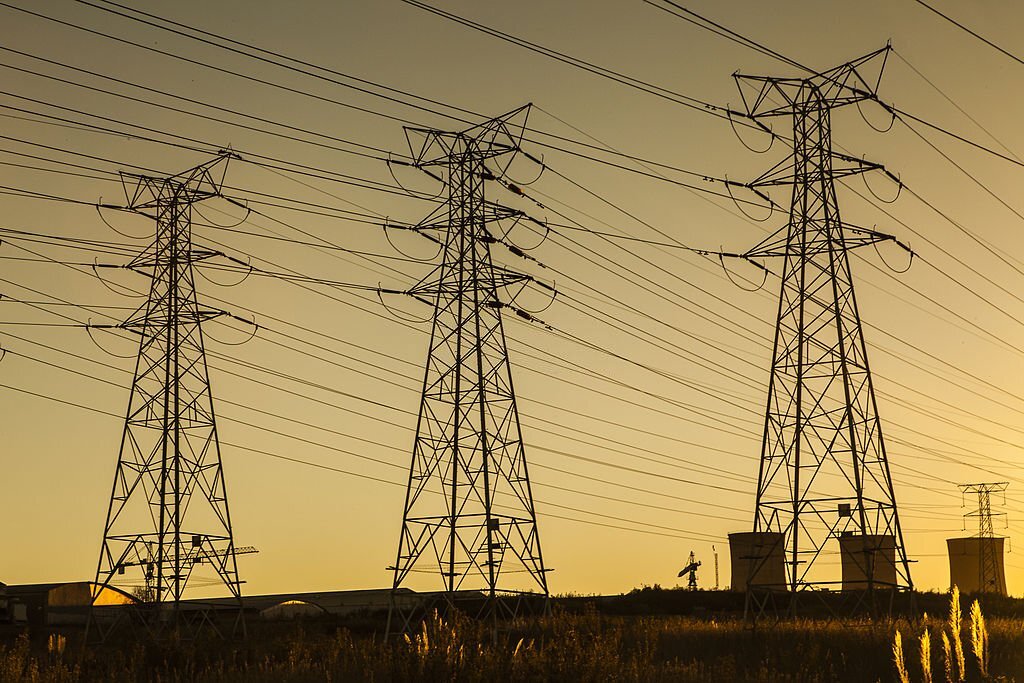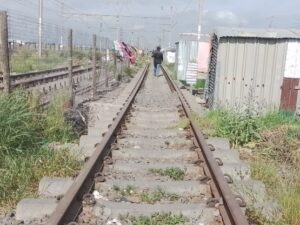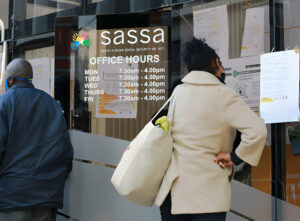Electricity, often regarded as the lifeblood of modern economies, has a pivotal role in steering the economic activities of a nation. In South Africa, the consistent availability and reliability of electricity are critical, yet the nation has been grappling with electricity shortages, colloquially known as load shedding, for many years. This analysis delves into the intricate ways these shortages affect the South African economy, touching upon aspects such as industrial production hindrances and the impediments to economic growth and investment.
Unpacking the Causes of Load Shedding
Load shedding transpires when the electricity supply cannot meet the demand, a phenomenon driven by several intertwined factors in South Africa:
- Aging Infrastructure: The nation’s electricity infrastructure is largely outdated, necessitating substantial upgrades. The older power plants and transmission lines are more susceptible to breakdowns, resulting in capacity constraints.
- Underinvestment: The energy sector has historically suffered from underinvestment, leading to an inability to cater to the escalating electricity demand.
- Eskom’s Financial Troubles: The state-owned electricity utility, Eskom, is beleaguered with financial issues, including towering debt and mismanagement, hindering its capacity to maintain existing facilities and invest in new infrastructure.
- Fuel Supply Challenges: The heavy reliance on coal for electricity generation and the disruptions in its supply have occasionally resulted in power shortages.
- Inadequate Planning: The forecasting of future electricity demand has not always been precise, causing supply shortfalls.
The Economic Repercussions of Electricity Shortages
Industrial Production and Manufacturing
Electricity shortages exert a direct and severe influence on industrial production and manufacturing. Industries such as mining and processing are heavily reliant on electricity. Interruptions in the power supply can halt production lines, inducing losses in output and revenue.
“Inefficiencies caused by load shedding can also result in increased operating costs for businesses.”
Companies frequently resort to backup power solutions, incurring additional maintenance and fuel costs. Moreover, the uncertainty surrounding the electricity supply can deter foreign investments in South African industries.
Unemployment and Labour Productivity
Persistent electricity shortages can foster job losses and diminish labour productivity. Industries might downsize their workforce as they curtail production due to power constraints, potentially elevating unemployment rates and adversely affecting household incomes.
Employees in industries affected by load shedding often face hurdles in maintaining regular work schedules, leading to delays and reduced work hours, which affect both employers and workers.
Economic Growth and Investment
The erratic electricity supply stifles economic growth, discouraging potential investors apprehensive about the infrastructure’s reliability. Small and medium-sized enterprises (SMEs), lacking the resources for backup power solutions, find themselves particularly vulnerable to electricity shortages.
Consumer Confidence and the Retail Sector
Load shedding can undermine consumer confidence, with frequent power outages disrupting daily life and augmenting reliance on alternative energy sources, which can curtail consumer spending on non-essential goods and services.
The retail sector is not immune to the repercussions of electricity shortages, with shopping malls requiring a steady power supply to function efficiently. Load shedding can result in diminished foot traffic and sales.
Public Services and Healthcare
Essential public services, including healthcare, are significantly impacted by electricity shortages. Hospitals and clinics necessitate a stable power supply to operate life-saving equipment, and load shedding can engender life-threatening situations if backup power solutions fail.
“Additionally, the quality of education can be compromised, as schools and universities may struggle to maintain normal operations during power outages.”
Towards a Solution: Policy Recommendations
To alleviate the economic impact of electricity shortages, it is imperative for South Africa to undertake decisive actions to rectify the underlying issues plaguing its energy sector. Key policy recommendations encompass:
- Infrastructure Investment: Prioritizing investments in modernizing and expanding the electricity generation and transmission infrastructure.
- Energy Efficiency: Advocating for energy-efficient practices in industries and households to reduce electricity demand.
- Private Sector Participation: Fostering private sector involvement in the energy sector to infuse capital and expertise.
- Renewable Energy: Leveraging the abundant renewable energy resources, including wind and solar, to enhance energy security.
- Improved Forecasting: Enhancing the planning and forecasting capabilities to ensure a more reliable energy provision.
- Transparent Governance: Ensuring transparency and good governance to address corruption and mismanagement issues, particularly in state-owned enterprises like Eskom.
As South Africa navigates the complex landscape of electricity shortages, it stands at a juncture where the adoption of a multi-faceted approach is not just beneficial but necessary. Addressing the challenges head-on with infrastructure investment, renewable energy expansion, and transparent governance can pave the way for a future with a stable and reliable energy supply, fostering economic stability and growth.














